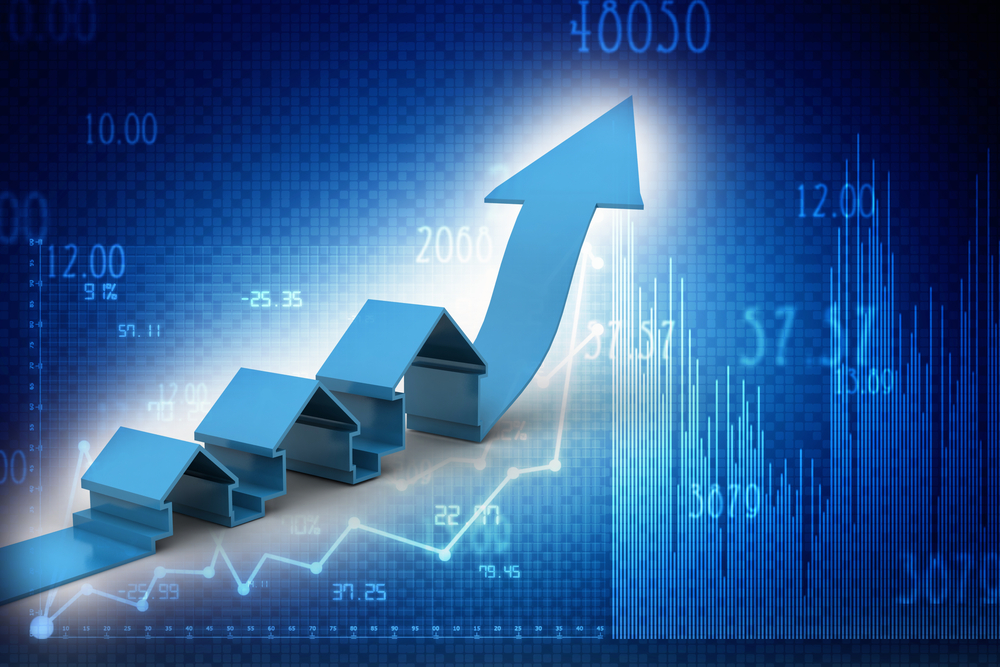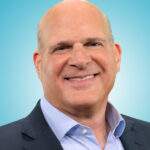The Dow topped 19,000 for the first time ever on Tuesday.
Bond prices are plunging.
The dollar is at a 14-year high.
I even heard talk of the global economy picking up speed! Beware what comes next…
Because, you see, none of this really makes any sense when you stop and analyze Mr. Market’s actions these days. It’s like watching someone with multiple personality disorder argue with himself: You know he’s right.
Only question is: Which personality?
Let’s back up a few months…
There is this postulate on Wall Street that states: “When interest rates are falling, bond yields become less competitive and, thus, stocks are more attractive.”
Stated another way: Low interest rates justify higher stock prices … which goes a long way toward explaining why U.S. stock markets are 1) at valuation levels only seen at three other extreme moments, and 2) now the third most expensive in the world in terms of the 10-year, cyclically adjusted price-earnings ratio (which smooths all the year-to-year economic noise).
Over the last year or so, as stocks kept hitting new highs, that’s the rationale on the Street used to justify oxygen-deprived prices.
Of course, every postulate must have a reciprocal. In this case, that must mean that “when interest rates are rising, bond yields become increasingly competitive and, thus, stocks are less attractive.” Or, stated more simply: Rising yields are bad news for stock prices.
So why did the Dow top 19,000?
See, you can’t have it both ways — though Mr. Market is certainly trying.
You can’t say that stocks are worth more because interest rates are low … then turn around and say stocks are worth more because interest rates are rising. Yet, with stocks hitting record highs, that’s precisely what investors are saying these days.
It makes no sense.
Investors and Wall Street’s cheerleaders perceive a new White House administration as an engine of economic growth for America. Let’s assume that’s true (though the impacts of the planned economic agenda do argue to the contrary). If the president-elect’s tax cuts and infrastructure spending and abandonment of global trade deals drive GDP growth and revive America’s manufacturing sector, then that means:
- Incomes in America will rise.
- Inflation will heat up.
- The Federal Reserve will have to raise interest rates.
And that’s where we get into a head-scratcher about Dow 19,000…
Rising Interest Rates = Smaller Profits
Higher interest rates have real impacts.
They imply higher borrowing and debt-repayment costs for Corporate America and for consumers. (And consumers have wrapped themselves in credit-card, student-loan, auto-loan and home-equity debt that equals or exceeds the debt they had pre-crisis.)
As interest rates rise, companies are pulling more money from their income stream to cover debt repayment, which means smaller profits on the bottom line.
At the same time, consumers are pulling more money from their income stream to cover higher credit-card and home-equity payments, which means less discretionary income to spend, which means companies see reduced sales, which means reduced profits even as higher debt costs reduce profits.
And on Wall Street, all of that means stock prices come down because profits come down.
See how these dominoes fall?
Stock prices rising to record levels because of expectations of a stronger economy certainly makes some sense. But, logically, expectations of higher interest rates that flow from a stronger economy are actually fairly dour news for stocks.
It’s even worse news for the dollar, since higher rates here at home will see a tsunami of money rush into the dollar, which will crush multinational companies, reignite the corporate-earnings recession and lead to layoffs here at home … but that’s a different story.
Something’s Gotta Give
Our key concern is: How will this post-election euphoria end?
Who knows? But I have a suspicion that Mr. Market is soon to experience quite the nasty hangover.
Like I said, Wall Street can’t have it both ways. It can’t say low rates equate to higher stock prices and, oh, so do higher rates. One side of that statement must be wrong, otherwise, reductio ad absurdum, there’s no interest-rate scenario in which stock prices should ever fall.
Economically, it’s pretty clear which side is wrong — the one that now has the Dow at record highs.
Unless … what Wall Street is really saying is that interest rates are not going up — the position I’ve staked since 2012. That Trump’s economic agenda will never be fulfilled. That D.C. will be mired in golden gridlock for at least the next four years.
In that world, higher stock prices make some sense, though at such nosebleed levels the sense it makes is minimal and getting overly stretched. In that world, interest rates don’t go up and the economy doesn’t motor ahead, and the Federal Reserve continues to manage the economy with low, probably even negative rates.
Of course, there has to be a loser in that world. Because in that world, higher bond yields and a higher dollar make zero sense…
If what Mr. Market is saying is that interest rates do not head higher, then that means bond yields will soon come back down, and so too will the dollar.
Now that I think about it, maybe Mr. Market really is right. Maybe he’s just shaking out the losers, and the losers aren’t smart enough to know they’re the marks in this game.
So, as I said at the outset, beware. Something has to give. And my bet is that bond yields reverse their climb, and the buck reverses its ascent.
If you’re shorting bonds or going long the dollar, take your profits and be happy … and sit on the sidelines until you see what comes of the December Fed meeting (my guess: no hike) and how the new president lays out his first 100 days.
Only then will we have enough information to assess our next move.
Until next time, good trading…

Jeff D. Opdyke
Editor, Total Wealth Insider







